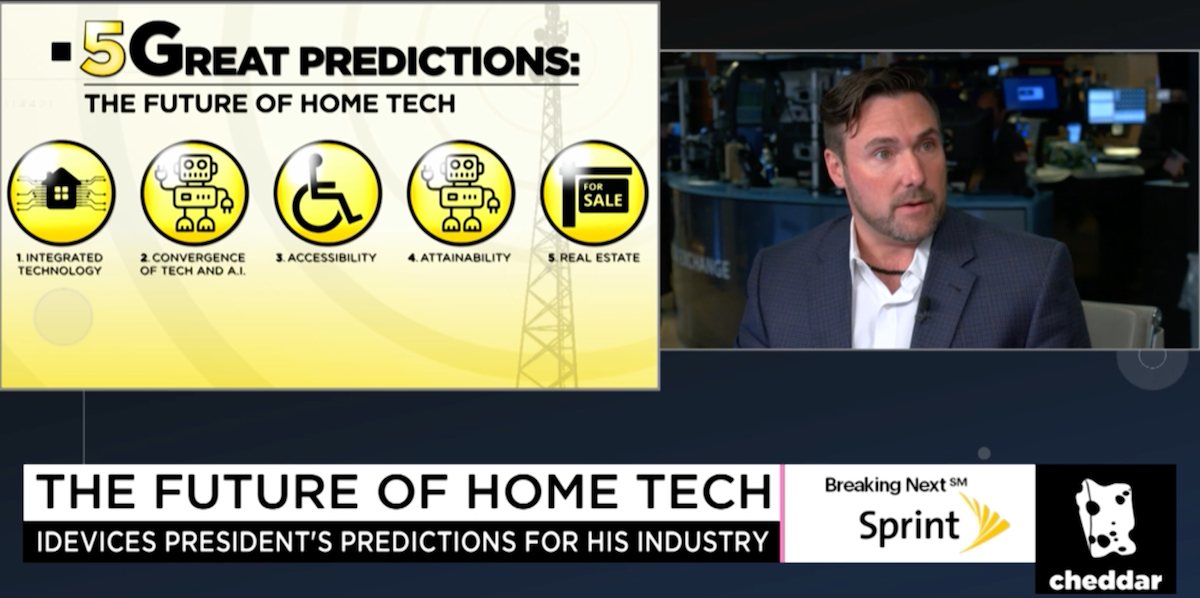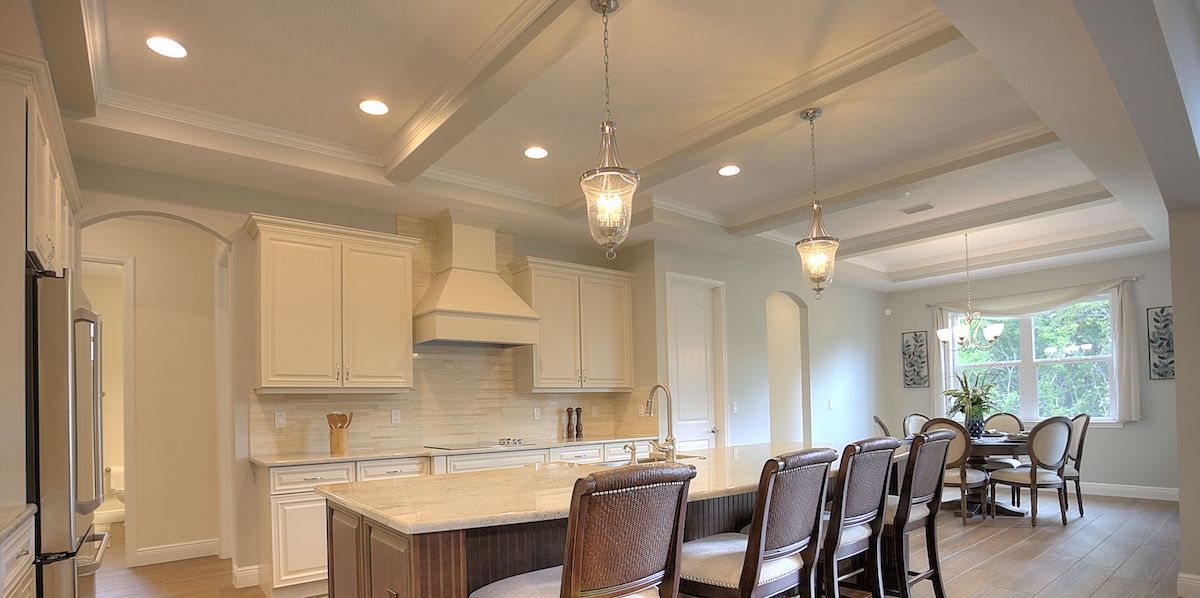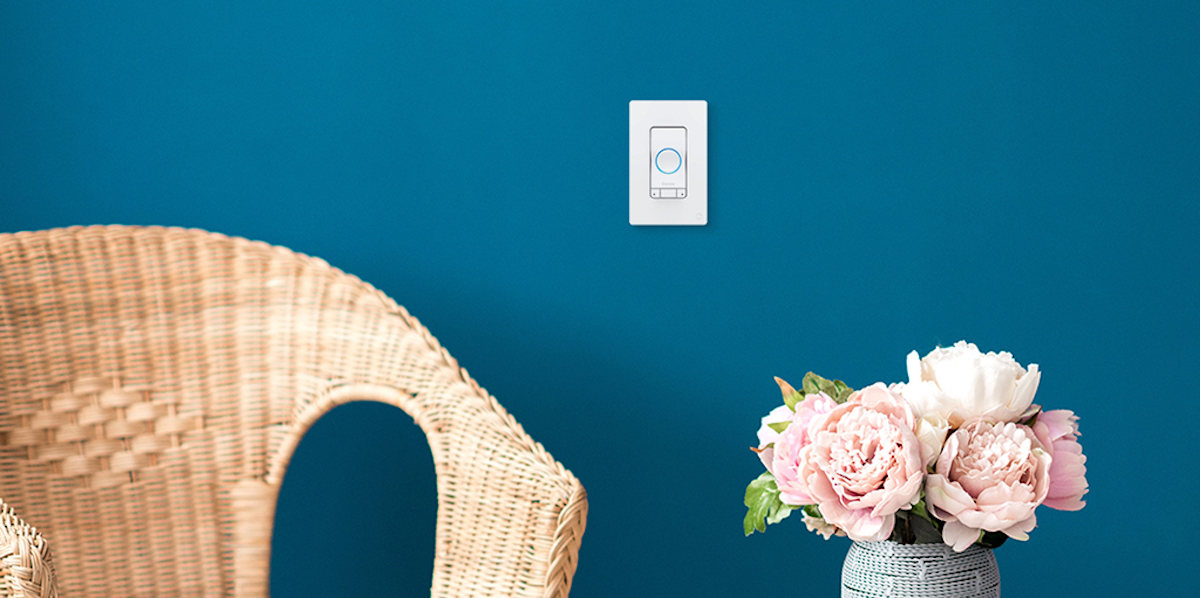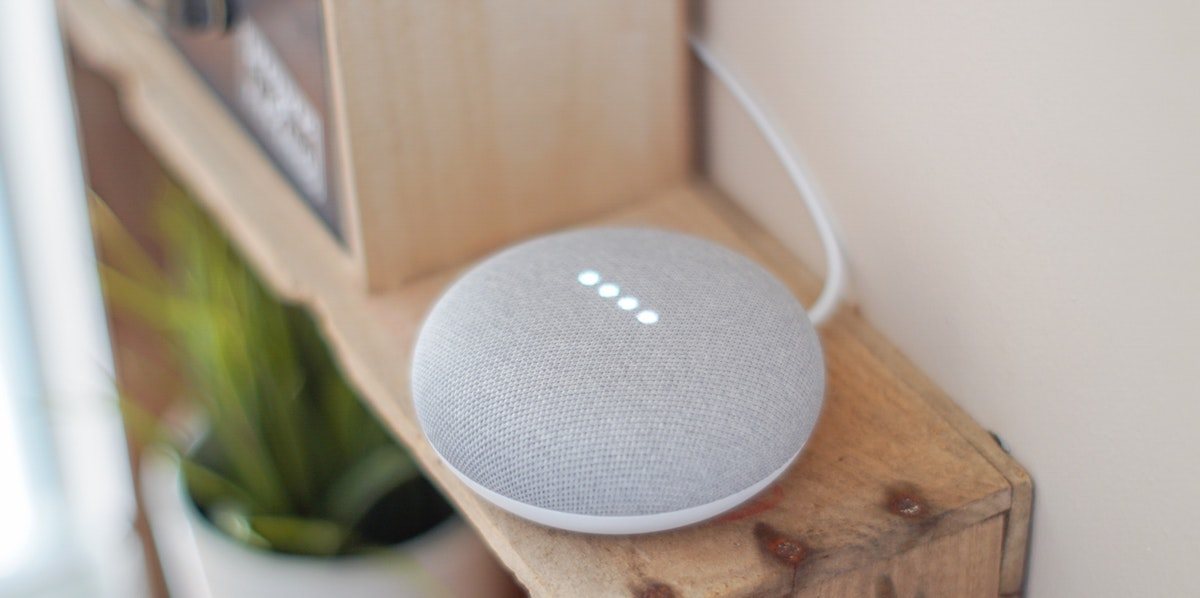iDevices Connected News
Here's what we've been up to at iDevices...
5 predictions for the future of smart home tech

The smart home industry is expected to grow exponentially in the coming years. An estimated 32% of U.S. households currently have a smart home product. By 2022, that number is expected to jump to 53%.
With growth comes change — as technology advances, it translates to even more intuitive smart home products that will change the way we live in and interact with our homes. During a recent interview with Cheddar, iDevices President Chris Allen revealed his 5 predictions for the future of smart home tech.
1. Integrated Technology
As technology advances, smart home products will become more seamless and integrated into everyday life, meaning they'll blend into a traditional home setting.
"A lot of it has to do with further integration, where really all of this is going to be invisible, from cameras to everything else around your home," Allen said. "So that will be the first thing, you’re going to continue to push the envelope of what you’re going to see. We just did one with Alexa."
2. Convergence of Technology and AI
The home of the future will adapt to your habits and preferences. Voice assistants will speak more naturally, allowing homeowners to use their voice to communicate with their homes in lieu of an app.
"AI is a big push for us, and understanding how you can use AI to educate devices, on how you use them on a daily basis, and then have them do that in an automated fashion with your permission," Allen said.
3. Accessibility
The emergence of voice-activated technology will foster independence and make everyday life and activities possible for those who are otherwise limited. It will also provide peace of mind for older generations who can age in place with the help of smart home technology.
"I’d say accessibility is an unintended consequence that we’ve learned a lot about at iDevices," Allen said. "We're helping folks that have numerous multiple handicaps, whether it’s mental or physical. And we’re able to give them the ability to control their home. We had a young man who turned on the lights for the very first time using his voice, and he’s 20-something years old now — opened his garage door for the first time."
4. Attainability
The integration of smart home products will become a focal point for homebuilders. Advances in technology will also make it easier to integrate smart home products into older homes. At the same time, the price point for smart home systems will continue to drop.
"The attainability of this is going to come down significantly," Allen noted. "We’ve seen it go from the big $200K smart homes to a couple thousand dollars and I think that price is just going to continue to condense."
5. Real Estate
Smart home technology has become a long-term investment with the potential to increase the value and competitive differentiation of homes.
"If you’re not going to have a connected home, eventually you’re going to be the odd ball out," Allen said. "You go to sell that home, you’re going to get a lesser value than your competitor whose got the smart home."



